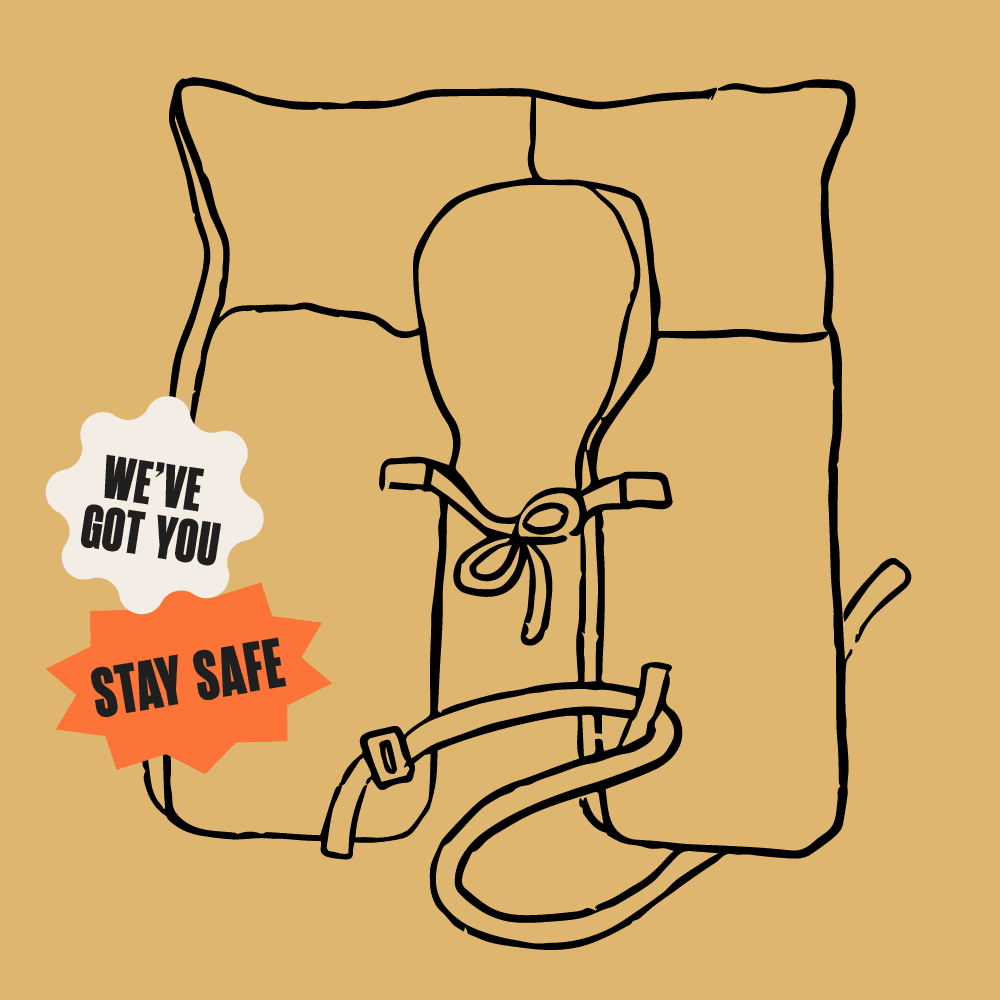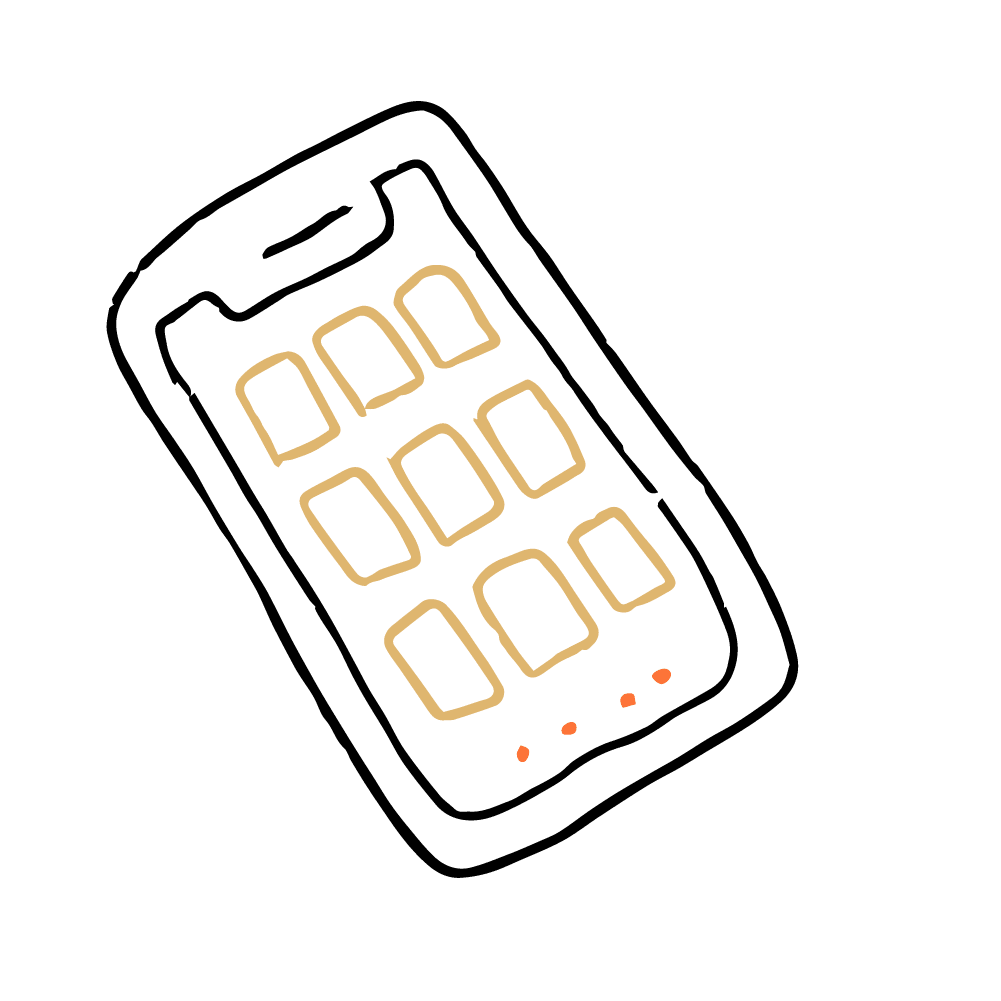BEING A SOCIAL BUTTERFLY
Your family and friends are critical pieces of your support system when you’re going through cancer. It’s important to spend time with them if you feel up to it. Just remember that while you’re immunocompromised, you and your loved ones should take extra precautions to avoid infection including washing hands thoroughly and wearing masks if necessary. For the most part, unless a loved one is sick or highly contagious, it’s more beneficial for you to spend time with them than to isolate yourself.
If you are going to public places while you are immunocompromised, try to avoid crowds, maintain your distance, meet outside if you can, and consider wearing a face mask. This is especially important during cold and flu season.














